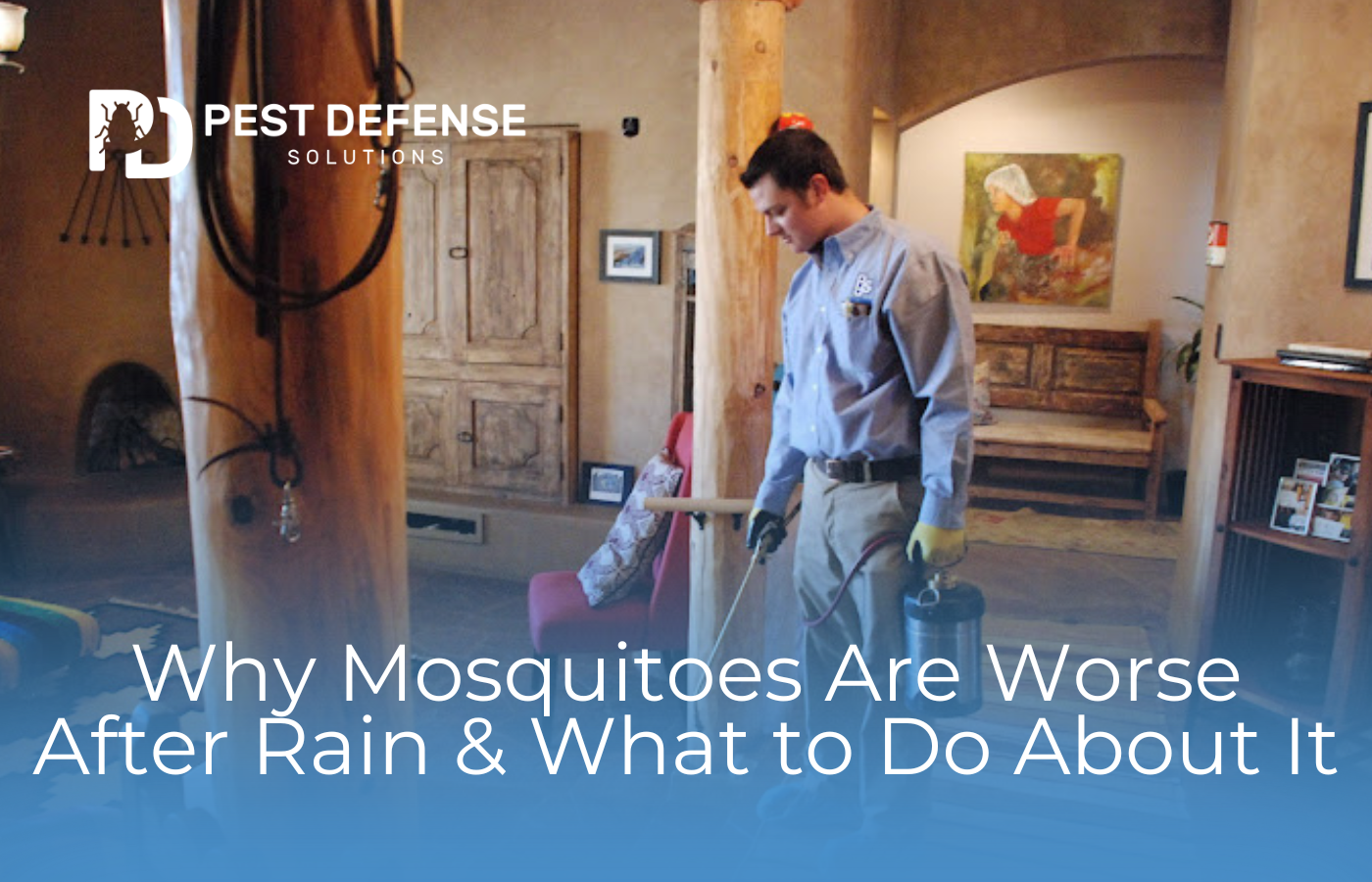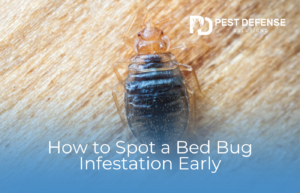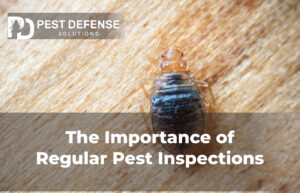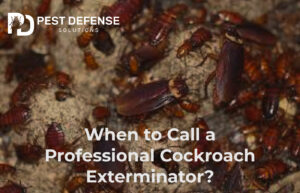Mosquitoes tend to strike suddenly after a heavy rain. More bites and buzzing about your house might be evident. This happens because rain provides the perfect environment for mosquitoes to grow and survive. While the humidity helps them live longer, puddles and moist spots provide locations for eggs to be laid. Ignoring efforts to eliminate water and restrict their hiding places will soon cause major issues. The good news is that little adjustments around your house will help to lower their count. Here’s why mosquitoes proliferate after rain and what can you do about it?
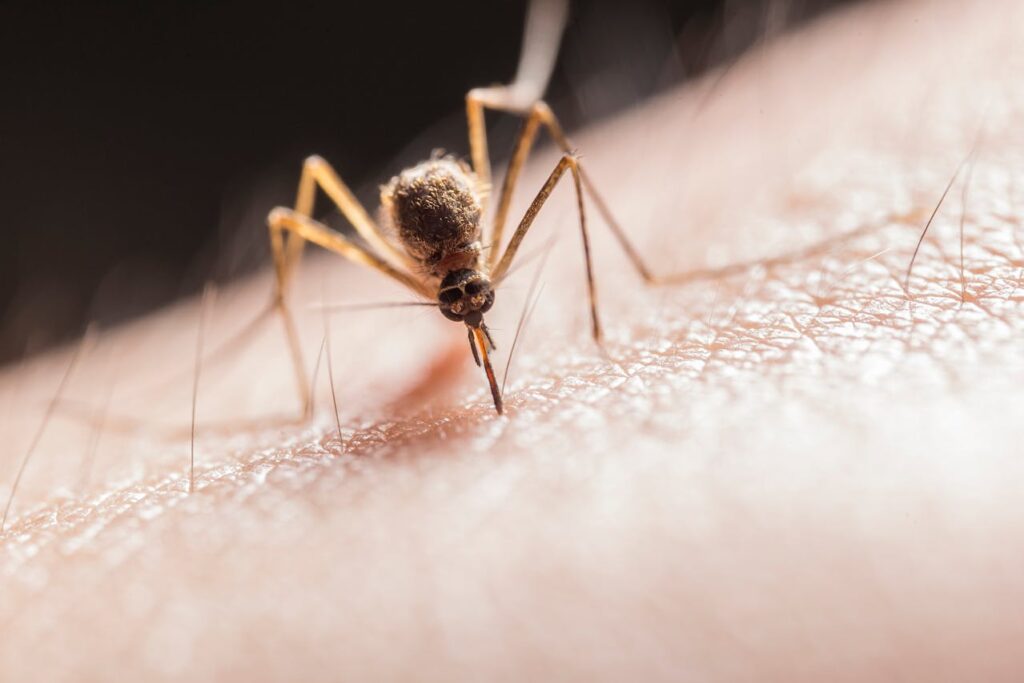
Why Do Mosquitoes Increase After Rain?
You may notice more mosquitoes flying about after a particularly strong rain. Rainwater provides the ideal environment for them to lay eggs and develop, which is why this occurs. Rain is a plentiful source of water, which mosquitoes need to complete their life cycle.
Rainwater Creates More Breeding Spots
When it rains, water gathers in a variety of locations, including puddles, blocked gutters, and outdoor containers. Mosquitoes find these watery ponds to be perfect for laying their eggs. They flourish in warm, humid conditions and proliferate in a few days.
Moisture Helps Mosquitoes Survive Longer
Humidity is ideal for mosquitoes. The air remains moist after rain, allowing them to remain active and prolong their lives. They have a higher chance of surviving and proliferating after rain, but dry conditions may kill them more quickly.
What Attracts Mosquitoes After Rain?
Areas with food and egg-laying opportunities attract mosquitoes. If there is water and shade in your yard, they will stay there longer. Standing water becomes a haven for pests.
Stagnant Water Becomes a Breeding Ground
Mosquitoes may be drawn to any area where water pools, even for a few days. Birdbaths, old tires, and buckets are examples of objects that retain water and provide ideal hatching grounds for mosquitoes.
Vegetation and Shade Offer Protection
Plants and trees remain damp after rain, producing chilly, shaded places. Mosquitoes hide in these areas during the day then emerge to bite at night.
How to Reduce Mosquitoes After Rain
Eliminate mosquito breeding grounds and make your environment less conducive to mosquitoes’ presence.
Remove Standing Water
Standing water prevention is one of the best strategies to keep mosquitoes under control. Examine your yard and remove any items that contain water, such as patio furniture, trash can lids, and flower pot trays.
Clean Gutters and Drains
Rainwater is retained in clogged gutters and drains, giving mosquitoes a covert location. Regular cleaning helps prevent water buildup and inhibit mosquito breeding.
Use Fans and Screens
Mosquitoes can’t fly very well. You may prevent them from entering your house by adding window screens and using fans inside. It is more difficult for them to land and bite when there is a strong fan wind.
Trim Plants and Grass
Tall grass and thick plants hold moisture, giving mosquitoes a place to hide. Cutting your grass short and trimming plants helps reduce their shelter and makes your yard less attractive to them.
Why Mosquitoes Thrive After Rain and How to Keep Them Away
Because mosquitoes need water to develop and thrive in moist environments, they get worse after rain. Eliminating standing water, keeping the air flowing, and cleaning your surroundings are the best ways to manage them. Little actions like utilizing fans, cleaning drains, and cutting grass short may have a significant impact. You may prevent mosquitoes from taking over your area by taking action immediately after a rainstorm.Take control of your home with Pest Defense Solutions! After a rainstorm, destroy mosquito breeding sites and keep them away permanently to prevent them from taking control. For professional mosquito treatment and a bite-free environment throughout the season, get in touch with us now!


